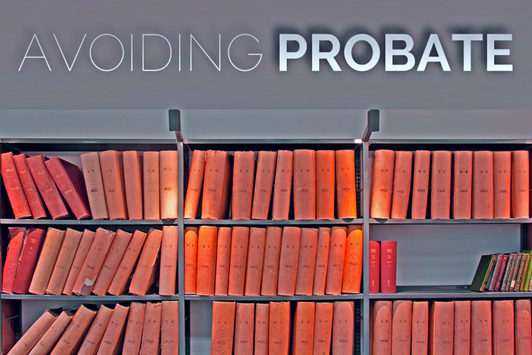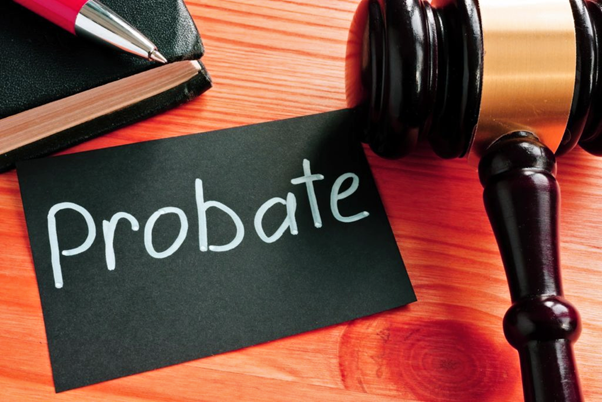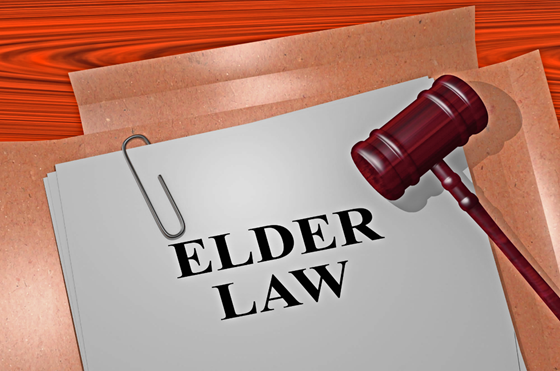Many Americans get health coverage through Medicaid Benefits year irrespective of their age, gender, ethnicity, and religion. In other words, it is the nation`s public health insurance program for poverty-stricken underprivileged citizens.
The majority of Medicaid enrollees cannot afford any health plans. Thus, they do not get any health insurance from anywhere. However, with states’ help, the Medicaid program finances numerous institutions. These institutions include hospitals, community health centers, nursing homes, and physicians . This helps the underprivileged get proper medical attention. Moreover, it also creates jobs for the locals in the healthcare sector throughout the United States.
This article will share some of the primary Medicaid benefits that people from across the United States enjoy. But, before we dive deep into the benefits, let’s discuss the eligibility criteria:
Eligibility for Medicaid
Anyone can apply for the Medicaid benefits if he or she is meeting the following criteria;
- Applicant must be a resident of the state in which he or she is applying for the Medicaid benefits
- His/her financial condition would be characterized as low or an elder law attorney is consulted
- Must be a citizen of the United States or Green card holder
You may visit your state Medicaid page for further details and ensure certain age and pregnancy status limits. However, the limits vary from state to state.

List of Mandatory & Optional Medicaid Benefits
By federal law, the citizens of the United States have the right to receive mandatory benefits by their respective states. In contrast, the states, if they choose, can cover the optional benefits. Some of the most common Medicaid benefits are:
Mandatory Services
- Inpatient/Outpatient hospital services
- Early and periodic screening, diagnostic, and treatment services
- Federally qualified health center services
- Laboratory and X-ray services
- Freestanding birth center services
- Transportation to medical care
Optional Medicaid Services
- Prescription Drugs
- Clinic services
- Physical/Occupational therapy
- Respiratory care services
- Chiropractic services
- TB Related Services
Segments of Population Who Can Obtain the Medicaid Services
Low-Income Families
Medicaid services are offered to children from low-income families to receive routine and specialized care for childhood development. Moreover, women from low- income families are given prenatal care and costs associated with delivery. Also, qualified members from low-income families receive coverage for unexpected emergency situations
Individuals with Disabilities
Individuals with disabilities entitled to Medicaid Services include speech and occupational therapy of children with autism. It can also be used for helping patients with cerebral palsy. Moreover, it can also be used to cover physician services and medication to HIV/AIDS and patients with mental illness
Elderly Individuals May Receive Help
- Paying the medical premiums of elderly patients
- Ensuring the provision of community-based care
- Assisting the nursing care residents

Conclusion
In conclusion, Medicaid provides comprehensive health coverage for many Americans each year. Especially, those from low-income families. Moreover, Medicaid benefits go beyond acute health care; it also covers the long-term care of millions across the United States.
In case you are eligible to receive Medicaid benefits but cannot apply or have trouble navigating the Medicaid application, please visit our website KaniaElderLaw and let us know about your situation. Our attorney will assist you in the process.









